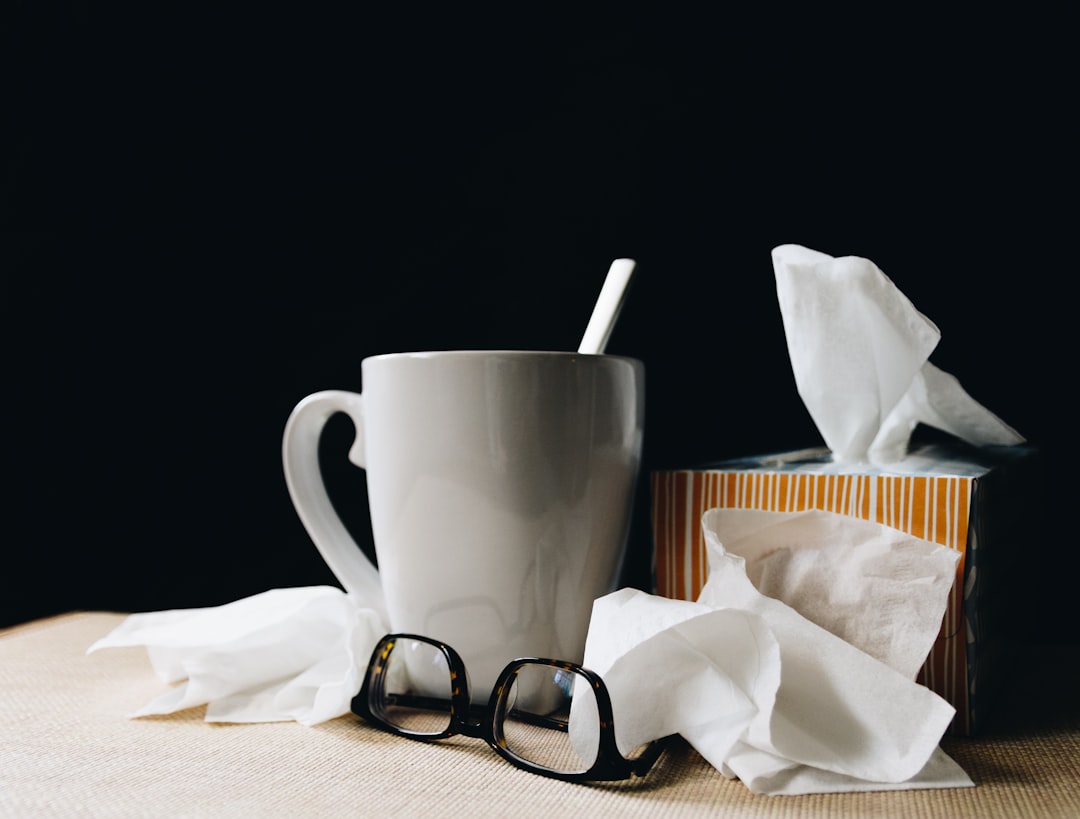It’s more essential than ever to take care of your health and wellness, but many people don’t even realize that the cause of their sickness could be their air conditioner or HVAC system. Though rare, air conditioning sickness is a real issue that more of us should be aware of. It’s a good idea to take the time to do some research on how to prevent illnesses that are caused by your air conditioning symptom and how to tell if your AC is what is causing you to feel unwell. If you want to find out more, read on to learn about some of the most common air conditioning sickness symptoms.
What are the symptoms of air conditioning sickness?

Air conditioning sickness is a condition that is caused by spending time in areas that are cooled by an air conditioner that is dirty or isn’t in good working order. The condition is also known as conditioned air sickness, AC syndrome, and air-conditioning illness. There are several air conditioning sickness symptoms that you should look out for. There are a number of symptoms associated with air conditioning sickness, the most common of which are runny noses and diarrhea. Other symptoms can include fever, headaches, and fatigue.
There is no definitive cure for AC syndrome, but there are a number of things that can be done to help prevent it. You need to drink plenty of fluids, especially water, to help keep the body hydrated. People who work in air-conditioned environments can also try to take breaks every hour or so to get up and move around. Additionally, using a humidifier may help to combat the effects of dry air.
Taking care of your HVAC system is the most effective way to prevent poor air quality and eliminate harmful contaminants that could be spread throughout your home. Be sure to change your system’s filters regularly and clean the coils and fan blades every few months. You also need to make sure the area around your HVAC unit is free of debris and clutter. Don’t forget to schedule regular maintenance with a qualified HVAC technician. They will inspect your system for any potential problems and make any necessary repairs
What else can you do to protect your indoor air quality?

If you’re wondering why air quality is so important, you should take some time to learn about the effects of breathing in polluted air, particularly over a long period of time. There are many health risks associated with living in an environment that has poor air quality. Believe it or not, the air inside your home can often be dirtier than the air outside. Polluted air can cause respiratory problems, such as asthma, and can aggravate existing health conditions. It can also cause heart problems and can increase the risk of cancer.
One of the simplest things you can do to improve your air quality is to make sure that your ventilation is working properly. If your home is not well-ventilated, it can become stuffy and air quality can suffer. You can also improve air quality by making sure that your home is clean. Dust and other pollutants can build up over time, and this can cause problems for your respiratory system. Anyone living with allergies should consider picking up an air purifier or two for high-traffic rooms, as they can help to eliminate the presence of common allergens.
Air conditioning sickness needs to be taken seriously if you’re going to keep yourself and the other members of your household safe. Being proactive about HVAC maintenance is necessary. You should be changing your filter at least once every three months and having the unit inspected biannually. Taking other steps to improve your indoor air quality can help too, like practicing good indoor hygiene and vacuuming regularly with a HEPA filter. A few simple lifestyle adjustments and a visit from your local HVAC technician should help protect you and your family from contaminants and illnesses brought on by your air conditioning system.



Facebook Comments